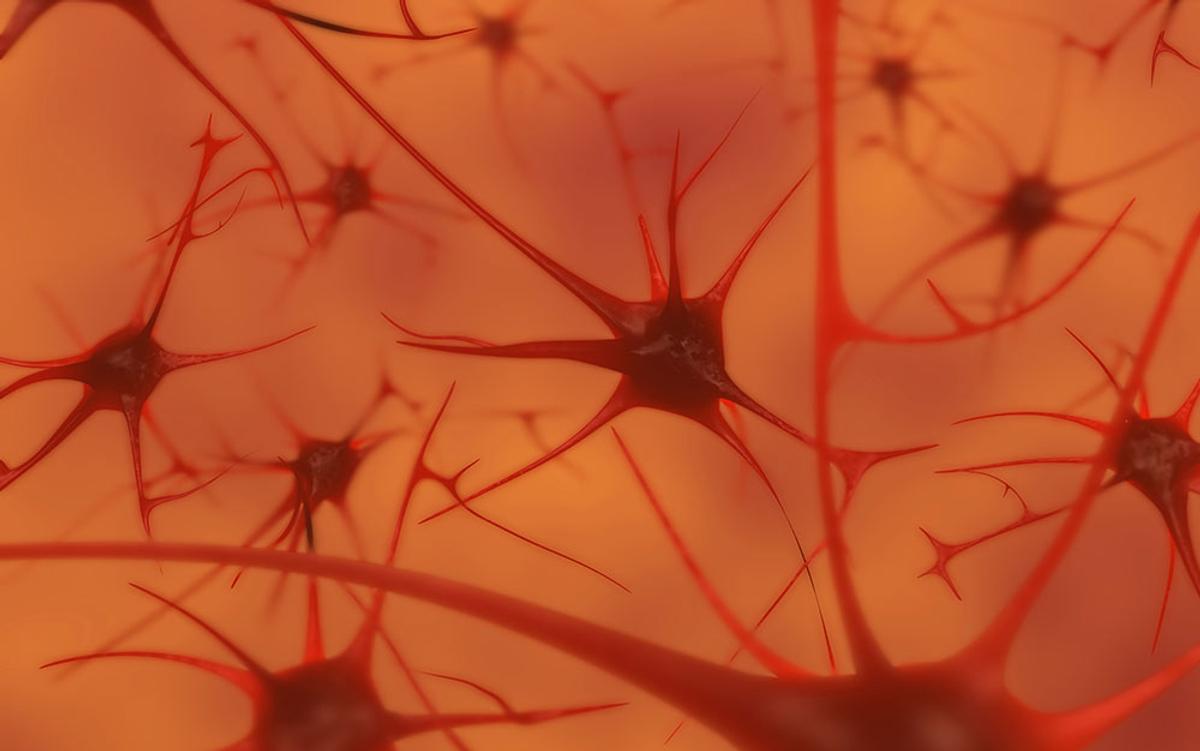- cross-posted to:
- morewrite@awful.systems
- cross-posted to:
- morewrite@awful.systems
 guy recently linked this essay, its old, but i don’t think its significantly wrong (despite gpt evangelists) also read weizenbaum, libs, for the other side of the coin
guy recently linked this essay, its old, but i don’t think its significantly wrong (despite gpt evangelists) also read weizenbaum, libs, for the other side of the coin



Which definitions am I ignoring? I have quite literally addressed the parts where the author gives definitions.
The author is really bad at actually providing definitions. They give three different ones for what an ‘algorithm’ is, but can’t give a single one to what the expression ‘mechanically following instructions’ means.
They are irrelevant to the parts that you quoted prior to bringing up Turing machines.
Not in any part that you quoted up to that point.
I looked for those with ctrl+f. There are no mention of Turing machines and of Turing completeness up to the relevant point.
Expecting the reader of the article to be a mind reader is kind of wild.
In any case, the author is not making any references to Turing machines and Turing completeness in the parts you quoted up to the relevant point.
Also, the author seems to not actually use the term ‘Turing machine’ to prove any sort of point in the parts that you quoted and highlighted.
I bring up a bunch of issues with what the author says. Pretending that my only issue is the author fumbling their use of terminology once just indicates that, contrary to your claims, my criticism is not addressed.
This is a lie. Here’s a definition that is given in the parts that you quoted previously:
I’m going to note that this is not the first time I’m catching you being dishonest here.
Okay, I went and found the articles that they are talking about (hyperlinked text is not easily distinguishable by me on that site). Turns out, the author of the article that you are defending is deliberately misunderstanding that other article. Specifically, this part is bad:
Here’s a relevant quote from the original article:
Also, I’d argue that the relevant definitions in the original article might be/are bad.
Onto the rest of your reply.
So far, I don’t see any good arguments against that put forth by the author you are defending.
I came here initially to address a particular argument. Unless the author redefines the relevant words elsewhere, the rest of the article is irrelevant to my criticism of that argument.
Cute.
I do not trust the author to not blunder that part, especially considering that they are forgetting that computable functions have to be N->N.
‘The English Wikipedia gives this “definition”, so it must be the only definition and/or understanding in this relevant context’ is not a good argument’.
I’m going to admit that I did make a blunder regarding my criticism of their point (3), at least internally. We can consider myself wrong on that point. In any case, sure, let’s go with the definition that the author uses. Have they provided any sort of argument against it? Because so far, I haven’t seen any sort of good basis for their position.
They are not equivalent. If something is an algorithm by one of those ‘definitions’ (both of them are not good), then it might not be an algorithm by the other definition.
The author is just plain wrong there.
Care to cite where the author says that? Or is this your own conjecture?
In any case, please, tell me how your brain can operate in contradiction to the laws of physics. I’ll wait to see how a brain can work without following ‘a set of pre-determined rules’.
Or in any kind of other system, judging by the ‘definition’.
Cute.
You mean this part?
Or the part where, again, the same author literally calls stones and snowflakes ‘computers’ (which I am going to back as a reasonable use of the word)?
I was addressing particular arguments. Again, unless the author redefines the words elsewhere in the article, the rest of the article has no bearing on my criticism.
Cool. Now, please, tell me how my initial claim, ‘this is a rather silly argument’ is bad, and how the rest of the article is relevant. Enlighten me, in what way is me saying that the particular argument that you quoted, and for which you have failed to provide any sort of context that is significant to my criticism making me ‘illiterate’?
In case you still don’t understand, ‘read the entire rest of the article’ is not a good refutation of the claim ‘this particular argument is bad’ when the rest of the article does not actually redefine any of the relevant words (in a way that is not self-contradictory).
In return, I can conclude that you are very defensive of the notion that brains somehow don’t operate by the laws of physics, and it’s all just magic, and can’t actually deal with criticism of the arguments for your position.